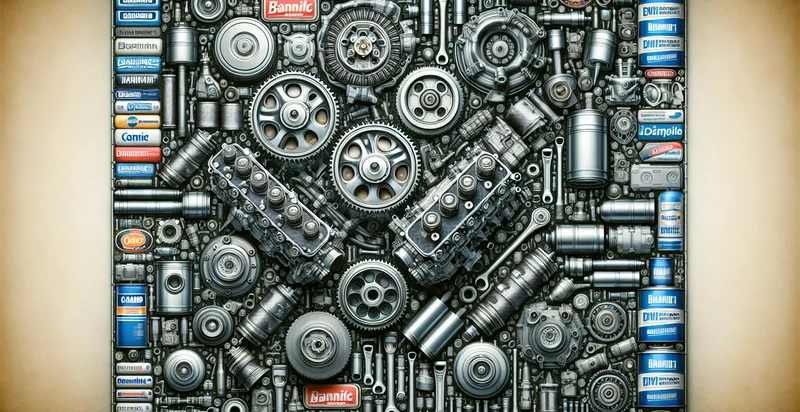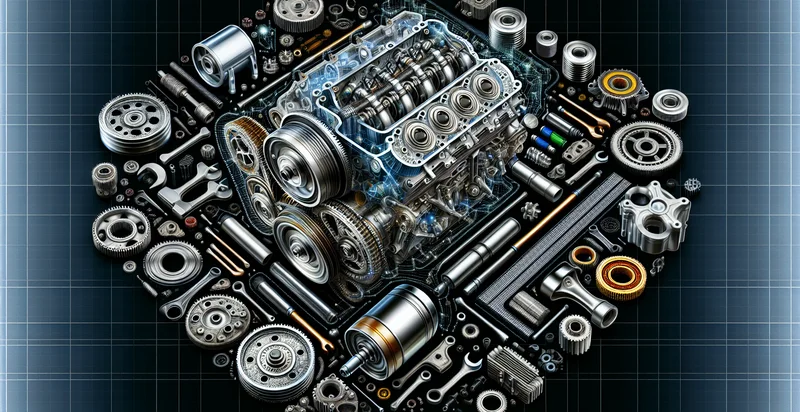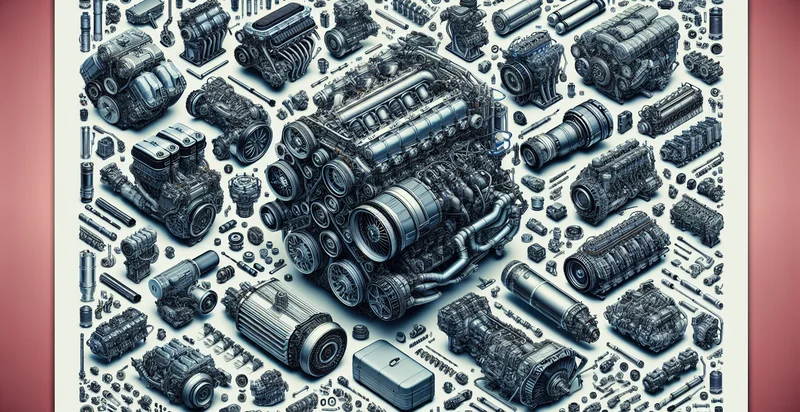Identify diesel engine brands
using AI
Below is a free classifier to identify diesel engine brands. Just upload your image, and our AI will predict which diesel engine brand it is - in just seconds.

Contact us for API access
Or, use Nyckel to build highly-accurate custom classifiers in just minutes. No PhD required.
Get started
import nyckel
credentials = nyckel.Credentials("YOUR_CLIENT_ID", "YOUR_CLIENT_SECRET")
nyckel.invoke("diesel-engine-brands", "your_image_url", credentials)
fetch('https://www.nyckel.com/v1/functions/diesel-engine-brands/invoke', {
method: 'POST',
headers: {
'Authorization': 'Bearer ' + 'YOUR_BEARER_TOKEN',
'Content-Type': 'application/json',
},
body: JSON.stringify(
{"data": "your_image_url"}
)
})
.then(response => response.json())
.then(data => console.log(data));
curl -X POST \
-H "Content-Type: application/json" \
-H "Authorization: Bearer YOUR_BEARER_TOKEN" \
-d '{"data": "your_image_url"}' \
https://www.nyckel.com/v1/functions/diesel-engine-brands/invoke
How this classifier works
To start, upload your image. Our AI tool will then predict which diesel engine brand it is.
This pretrained image model uses a Nyckel-created dataset and has 44 labels, including Antoni, Bao, Bluebird, Bobcat, Case, Caterpillar, Chrysler, Clark, Ctech and Cummins.
We'll also show a confidence score (the higher the number, the more confident the AI model is around which diesel engine brand it is).
Whether you're just curious or building diesel engine brands detection into your application, we hope our classifier proves helpful.
Related Classifiers
Need to identify diesel engine brands at scale?
Get API or Zapier access to this classifier for free. It's perfect for:
- Brand Verification: This function can be used by automotive manufacturers to ensure that the diesel engines they are using in their vehicles are from the correct brand. By analyzing images of the engine, the system can identify whether the branding matches the specifications provided by the supplier, thereby enhancing quality control.
- Inventory Management: Retailers and distributors of diesel engines can utilize this classification function to manage their inventory effectively. By quickly identifying the brand of each engine in their stock, they can streamline their inventory records, make informed restocking decisions, and better meet customer demand.
- Market Analysis: Automotive market analysts can apply this image classification function to assess brand presence in the market visually. By analyzing images from various sources, they can gauge market share, monitor competitor activity, and identify branding trends over time.
- Insurance Assessment: Insurance companies can use the function to quickly identify and assess the brand of diesel engines involved in claims. This can speed up the claims process and ensure accurate evaluations for coverage based on the engine's brand and associated risks.
- Regulatory Compliance: Compliance officers in the automotive sector can implement this function to ensure that diesel engines meet environmental regulations specific to certain brands. By automatically classifying and auditing engine types, companies can reduce the risk of non-compliance penalties.
- Customer Support: Customer service teams in diesel engine dealerships can employ this function for troubleshooting and part replacements. Quickly identifying the brand of an engine from images sent by customers can help representatives provide accurate assistance, improving overall customer satisfaction.
- Educational Tools: Educational institutions focusing on automotive engineering can use this classification function to create interactive learning tools. Students can upload images of diesel engines to identify brands, enhancing their understanding of different engines and their respective technologies.


